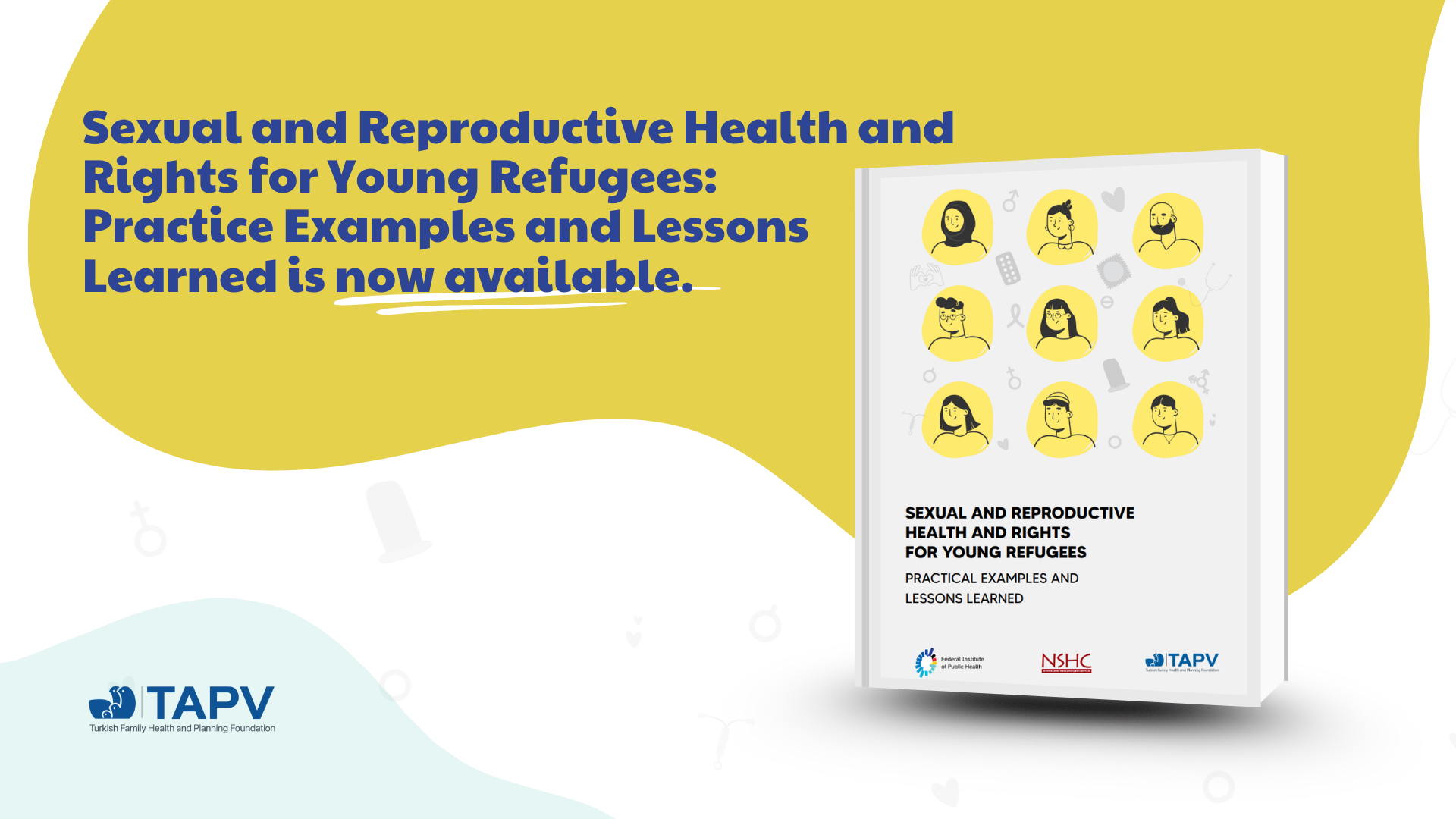Erasmus+ project “Sexual and Reproductive Health and Rights for Young Refugees – Good Practices and Lessons Learned” was completed in August 2025.
The number of refugees in Europe has increased significantly due to ongoing humanitarian crises. Since 2014, Turkey has hosted the world’s largest population under temporary and international protection. Turkey is also a transit country hosting refugees. Many child refugees, most of whom are now adolescents or young adults, have arrived in Europe without their families and therefore lack the fundamental social environment in which to acquire knowledge about sexuality, sexual health and related issues. When it comes to Sexual and Reproductive Health (SRH) and Comprehensive Sexuality Education (CSE), awareness of the needs of young people with a refugee background is often insufficient, and there is a lack of adequate dialogue among stakeholders. This can also lead to a lack of concepts and materials addressing the needs of this young population. Furthermore, different cultural backgrounds can lead to sexual topics being stigmatised, kept secret, or covered up with myths. Therefore, it is important that evidence-based information can be obtained in easy and accessible ways to promote health literacy and protect sexual and reproductive health. One of the key points encountered within the scope of the project is that, despite the work carried out in the context of SRHR for young refugees, sufficient cooperation, information exchange and networking between institutions has not yet been achieved.
This publication summarises the outputs of the Erasmus+ CSÜS for Young Refugees, Good Practices and Lessons Learned project and aims to contribute to improving the sexual and reproductive health of young refugees. Knowing that there are numerous studies beyond the examples mentioned in this publication, we believe that this publication can also serve as a tool to contribute to inter-institutional knowledge exchange.
What does the publication contain?
- Key concepts,
- Literature review and practical implications,
- Research gaps,
- Global toolkits,
- Practice examples from different countries.
The application examples have been grouped under several headings:
- Workshops
- Consultancy approaches
- Online methodologies
- Peer-based methodologies
- Combined methodologies
The application examples include detailed information on the materials and methods used, as well as links to accessible resources.
We would like to thank all the institutions that shared their methods with us and gave us permission to use them in this publication.
The Turkish and English versions of the publication, which was prepared in Turkish, English, German and Serbian, can be accessed via the links below. The other language versions can be accessed via the websites of the project partners.

This publication has been co-funded by the European Union. However, the views and opinions expressed herein are solely those of the author(s) and do not necessarily reflect the views of the European Union. Neither the European Union nor the funding body can be held responsible for these views.

